A flexitarian diet is one that is predominantly plant-based, but occasionally includes meat or fish. This way of eating is sometimes also known as semi-vegetarianism.
A flexitarian diet looks different from person to person. Depending on the individual approach, it might mean eating meat or fish only on the weekends, only for one or two meals a week, only on special occasions or simply whenever the person is really craving it. It may also mean that only meat and fish that are ethically sourced (e.g. organic or wild) are included on those occasions. Basically, there are no hard and fast rules when it comes to flexitarian eating!
Flexitarianism is about building a long-term mindset that promotes healthy eating habits for the rest of your life. It’s not about restriction or strict rules and, because it’s flexible by nature, it’s very sustainable in the long run.
Why become flexitarian?
There are plenty of benefits attached to adopting a flexitarian diet, including:
1. Health benefits
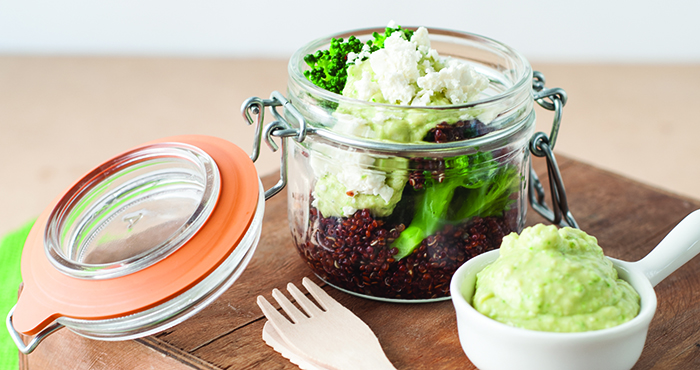
Vegetarians have been shown to have lower Body Mass Index than those on a standard meat-heavy diet, as well as lower cholesterol levels and lower blood pressure, all of which combine to mean improved heart heath. They are also at reduced risk for type 2 diabetes and certain types of cancer. Following a steadfast flexitarian diet that combines a mostly vegetarian diet with conscientious meat choices would produce similar results.
2. Financial savings
Eating a diet that’s much lower in meat and fish saves a lot of money.
3. Animal welfare
Many flexitarians, when they do buy meat, choose to pay more for organic or free-range options. It’s hoped that this will gradually encourage more widespread use of less intensive farming practices in the future.
4. Environmental concerns
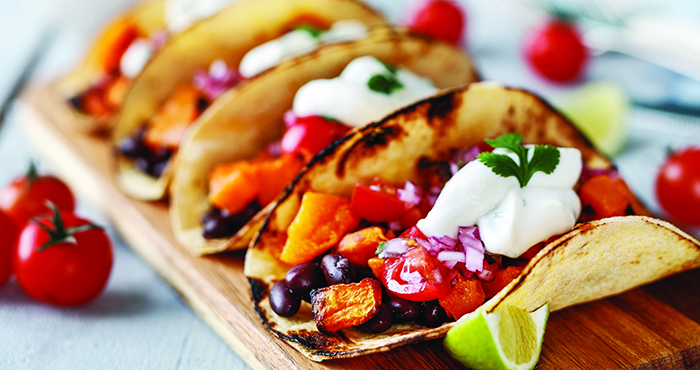
Modern animal husbandry has a very significant carbon footprint and is one of the biggest contributors towards climate change. It also uses an exorbitant amount of water and contributes to droughts. If everyone was to reduce their meat intake, this would be indisputably better for the environment.
5. Feeding populations
Raising livestock is extremely resource-intensive. The amount of food it takes to raise a single cow is many times as much food as that cow will provide. If enough people reduced their meat intake, this could help combat world hunger by redirecting valuable resources to those most in need.
6. Flexibility
Because it’s not restrictive, flexitarianism is more achievable than strict vegetarianism or veganism. If you’ve ever considered vegetarianism but written it off as too difficult — or even tried it and failed — flexitarianism might be for you.
To help you make things easier, we’ve listed the 6 flexitarian staples you should always have in your shopping cart.
Find out more about flexitarian diet and discover how to be a healthy flexitarian. More information on our Flexitarian special issue, on sale now in all newsagents across Ireland.
- summer events
- small business
- gut health
- OATLY
- healthy
- Crudo
- top tips
- All Together Now
- fridge cake
- Events Waterford
- food festival
- Events Ireland
- me auld flower
- news
- dublin
- events Dublin
- dublin festival
- Home-Cooking
- food and drink festival
- online cooking course
- festival line-up
- cooking
- Summer festival
- eco-friendly
- Events
- cosy
- Festivals Ireland
- wine
- Body & Soul
- grapes
- music festival
- south africa
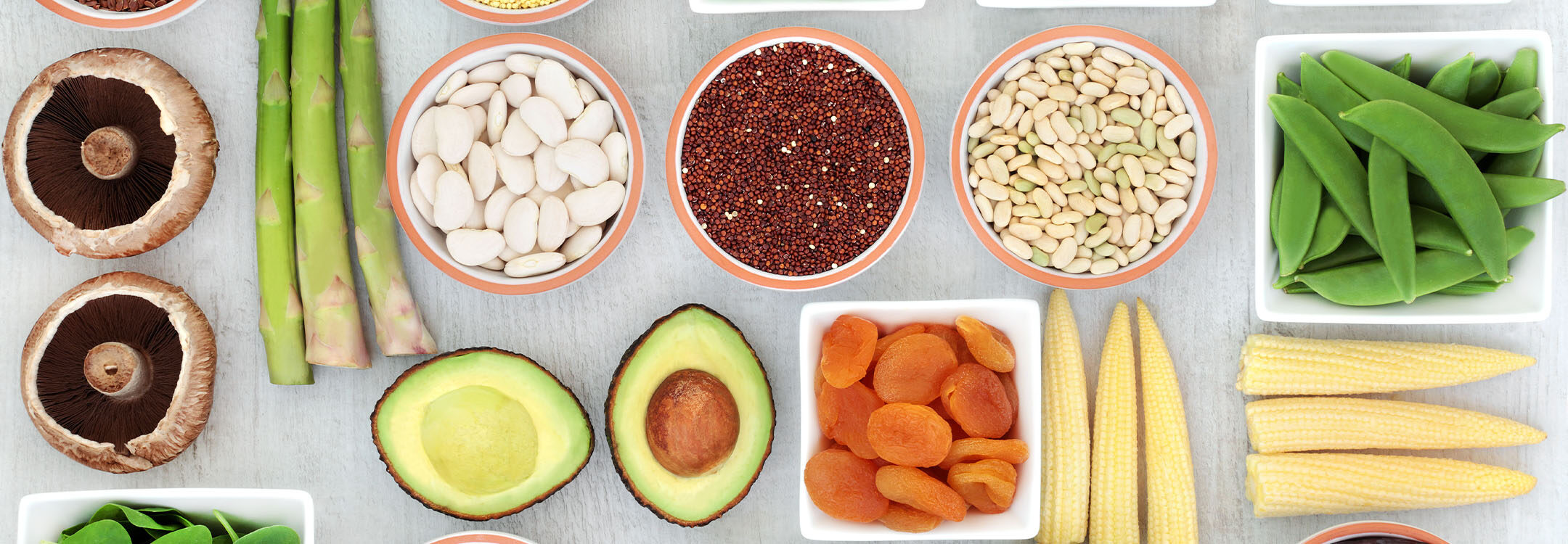


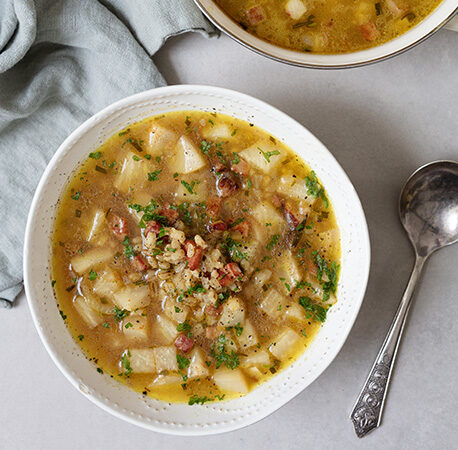
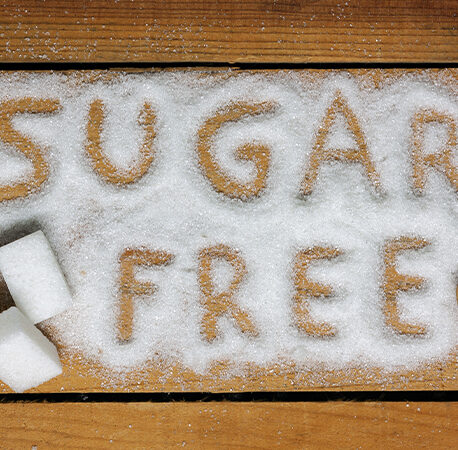

You have to be signed in to comment this post.